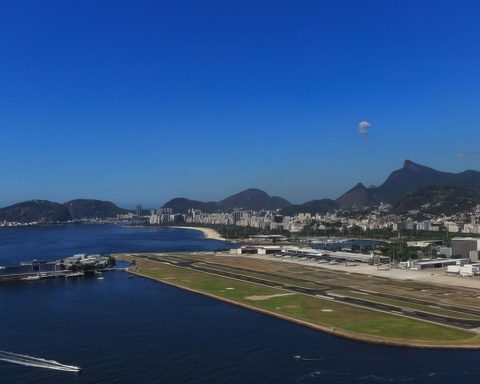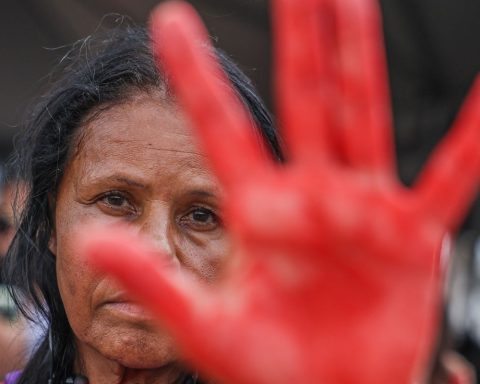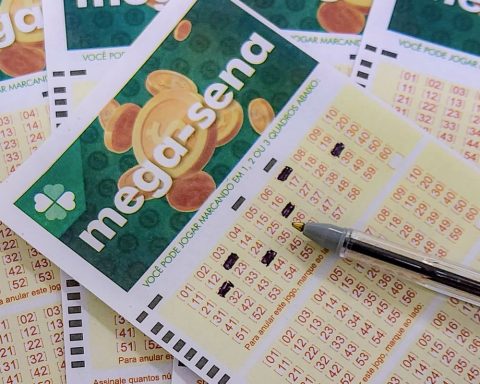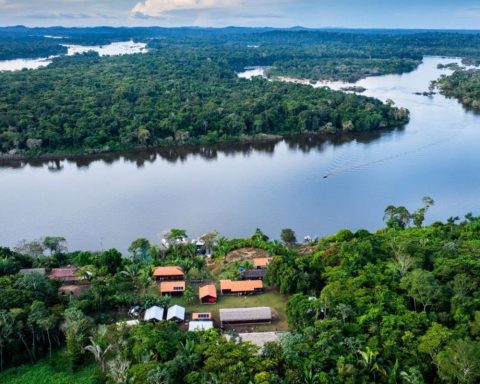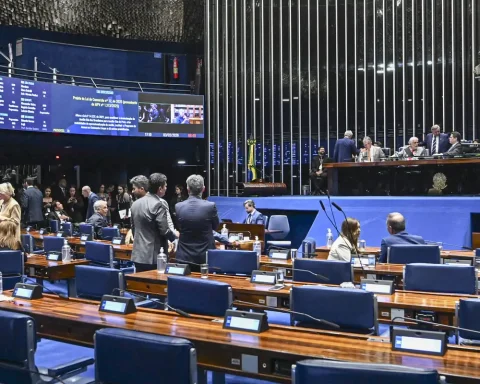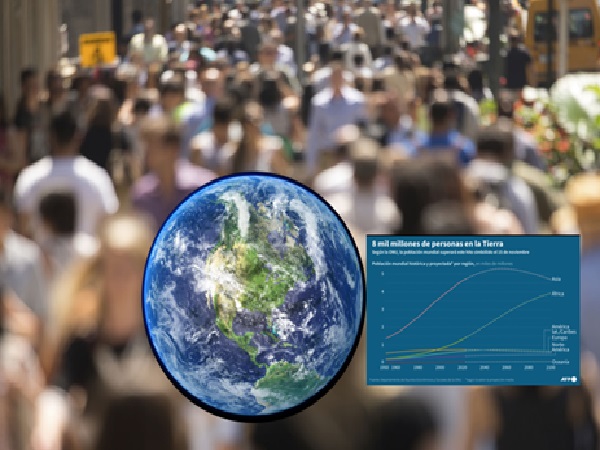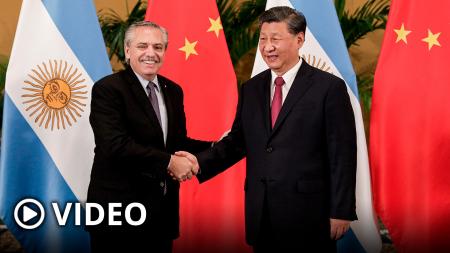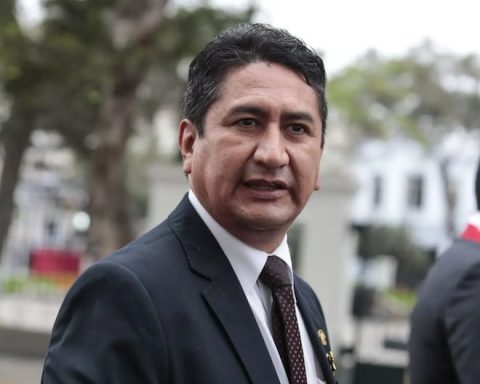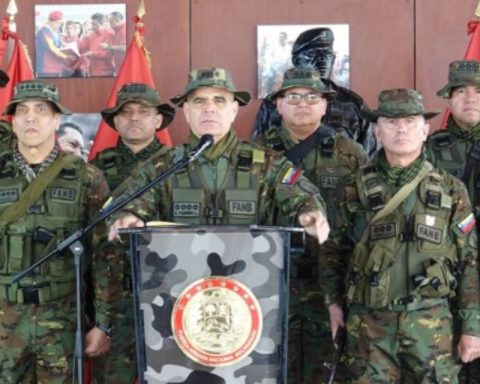Coffee growers from different links in the coffee production and marketing chain meet, from Wednesday (16) to Friday (18), in Belo Horizonte, in the 10th edition of the International Coffee Week (SIC), which returns this year in a fully face-to-face, after two years of restrictions caused by the covid-19 pandemic. 
One of the highlights of the event is the Coffee of the Year award [café do ano, em inglês], which received a record number of subscribers. There are more than 500 competitors, representing the 32 Brazilian coffee producing regions in the Arabica and Canephora categories.
The samples have already gone through a first selection stage, and, during the event, the public will be able to taste, blindly, the 15 best ones, 10 of which are Arabica and 5 of Canephora. The two winners will be announced in the afternoon of the last day of the event.
Last year, the Arabica and Canephora categories were divided into two, and there were four winners: Elmiro Alves do Nascimento, from Fazenda Santiago (MG), won the best Arabica coffee; Sandra Lelis da Silva, from Sítio Caminho da Serra (MG), won the best Arabica coffee with induced fermentation; Luiz Claudio de Souza, from Sítio Grãos de Ouro (ES), was three times champion in the canephora category; and Poliana Perrut, from Chácara Paraná (RO), won canephora induced fermentation.
business event
In 2021, SIC took place in a hybrid format and had 16,000 visitors/accesses from 25 countries. In 2020, the event was held completely remotely. Director of Café Editora and one of the organizers of the event, Caio Fontes says that the expectation is that, in 2022, the edition will return to pre-pandemic public levels, with more than 20 thousand visitors.
“SIC’s audience is a professional audience. We include everything from the coffee producer to the professional who is there at the end, in what I call serving coffee, whether in a coffee shop, a restaurant, a bakery, a hotel. It is a business event and deals with all actors in the chain,” he explained.
Among the debates that are of interest to the production chain, the climate is one of the most highlighted, due to the importance of climatic conditions for coffee cultivation and the growing demand for more sustainable products.
“Climate influence is no longer something that can happen and have an impact. I say that the climate is already a systemic part of our process. We have to live with climate change and the impacts that the climate has been bringing.”
In addition to addressing the challenges, the 10th edition of the event also intends to celebrate the sector’s advances in Brazil, which is the world’s largest coffee producer. Faced with a scenario of high global prices caused by the pandemic and the increase in the cost of fertilizers, Fontes believes that the country contributes to guaranteeing supply.
“Today, Brazil is the country that produces the most sustainable coffee in the world and the one that most exports sustainable coffee in the world. So, we also have to value this side, this quality from the beginning of production to the cup”, he said.
Training
In addition to environmental sustainability, discussions at the event will also address actions aimed at social responsibility. Owner of Sofá Café, in São Paulo, Diego Gonzales will present on SIC a project in which he works to educate the children of small coffee producers, teaching them how to improve the quality and value of their beans.
“They are the future of coffee growing. So, they need to understand how to improve the quality of the coffee they produce. We show them how to understand the defects and qualities of coffee to improve their position in negotiations.”
Apart from working in the field, Diego has been developing the Coffee Makers training program for eight years in his coffee shop, with young people coming out of socio-educational measures, in vulnerable situations and refugees, to train them as baristas, professionals who prepare drinks that have the coffee as a base.
“The course lasts three months, they stay with us every morning and we pay for food and transport so that they can come,” he said. He receives help from partners to fund the project and teach classes. “We have an employability rate of 92%. Even Sofá Café is a potential employer, but we don’t train for ourselves, we train for the market”.
The entrepreneur pointed out that some young people remain in the barista career for years, and others use the opportunity as a first step to seek other training.
“Some use it to, for example, enter a kitchen, because they wanted to be a chef, you know? is to make that positive impact on their professional life.”

